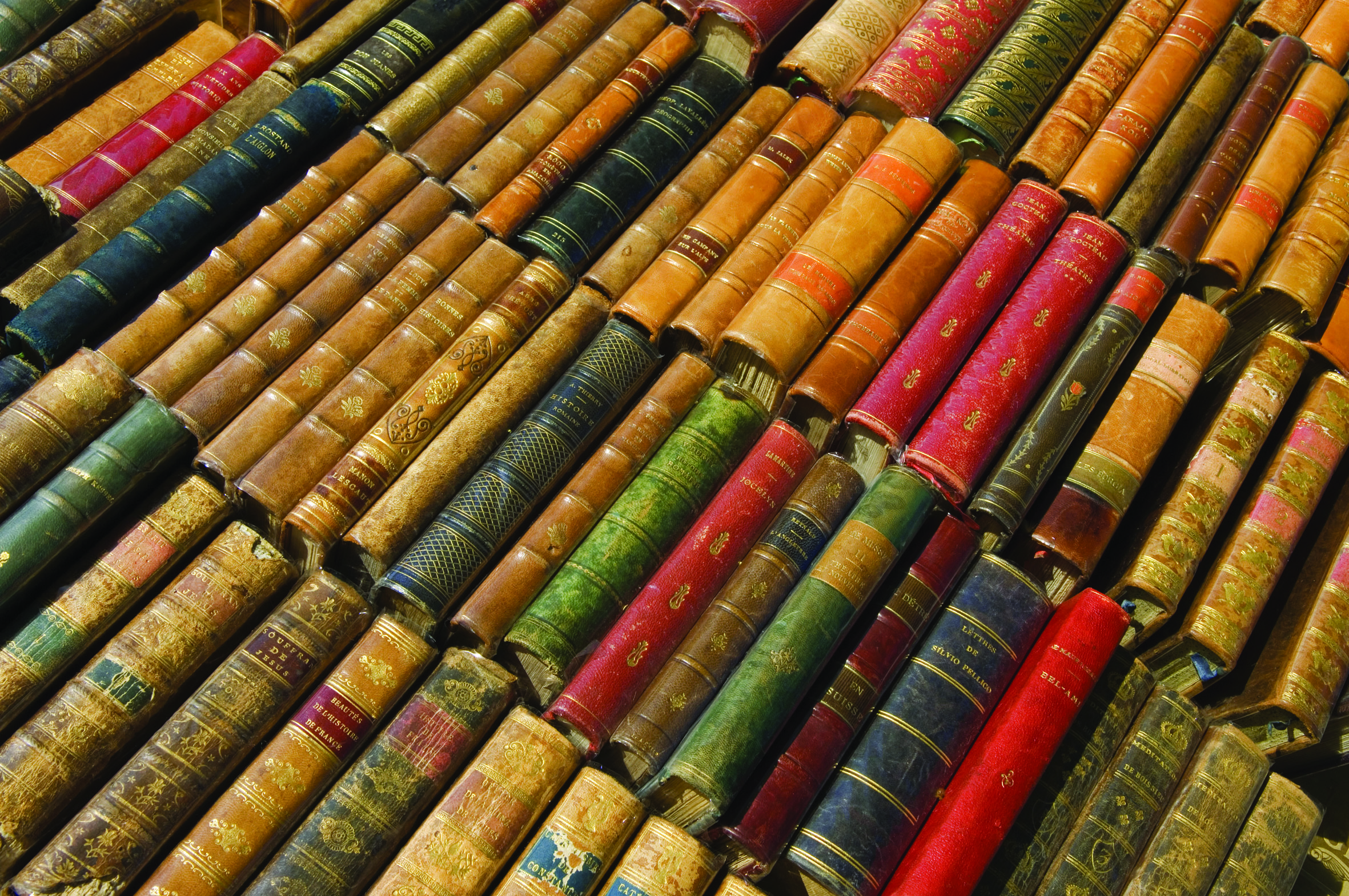Every Book Is Romantic
Written by David Joël La Boon
I make a point to walk into every bookstore I see or to take the long way through town giving me reason to see them. It is the only fixed and regimented part of my strolls as a flâneur in this city. Walking is essential to drinking in the modern and urban life, and books are essential to sobering from its malaise. Together, they are a balance for the mind and the heart.
There is something romantic about books. The musty odor of bleached pulp and petrichor, the act of learning and prompted imagination, it is the tangible nothing, it is the part of our shadows we are able to hold and devour. From Bi Sheng and Güttenberg to the dawn of the e-book marks the extent of this period of romance. It is the proliferation of knowledge and the consolidation of human culture. Books facilitate the accumulation of knowledge, of course, in the traditional sense, but not exclusively so. Experiential knowledge, and more deeply, Platonic knowledge arrive to us as the gift of books.
In this first sense, facts and figures and quotidian happenings are documented and transmitted from author to reader, raising and elevating a shared common wisdom of life lived. In the second, we interpret and draw conclusions from those facts and figures and quotidian happenings. Their implications result in a higher level of both engagement and thought. Yet, this is where many of us end our exploration, but I would like to challenge those still thirsty readers to transcend passivity.
When staring at the stacks of books unread, all mysterious and waiting, it is easy to say, I suppose, but not easily accomplished. However, it is easy to feel their draw and not to resist it, and to use that draw to our benefit.
Deconstruct the words and associated meaning, and distill them. Reconstruct them into principles and apply them to your own lived narrative to provide a deeper understanding of the Platonic sense of ourselves. Technically speaking, books have an intersubjective quality. We project an objective truth from our subjective experiences through each page. They therefore take on a discursive quality that embodies a conversation between author and reader, between the author’s experiences and our own, from which we construct and reconstruct both our perception of reality and ourselves through and in opposition to that perception. And because of this, we can convert that remade “ourselves” into an “us” called culture. Yet, the technical nature of anything is more boring and distant than the visceral connection to which one is able to maintain with it. A book, as a window to culture, is no different.
Culture is made of a similar substance as shadows. We may know what are not ingredients, but have more difficulty definitively identifying required characteristics. Yet, through this construction and reconstruction we absorb and assimilate the intangible culture, both native and foreign. We read, and we learn. We read, and we change. We read, and we grow, but more importantly, we grow together.
Reading books occupies the negative space that we are mapping out in our minds and hearts. It is a mechanism with a certain value of passivity we naturally employ. The physical contours of that negative space are the words we author to be read. The best readers are writers, and the best writers are prolific readers. Pick up that next book and read its words. Draw implications from their associated meanings, interpret and apply these to yourself and us, and finally, write the story of your life. You write your own history after all, and it is with this idea in mind that I walk through every page of my own.
THE AUTHOR
David Joël La Boon is a poet and artist. Gwangju is his home away from home.




